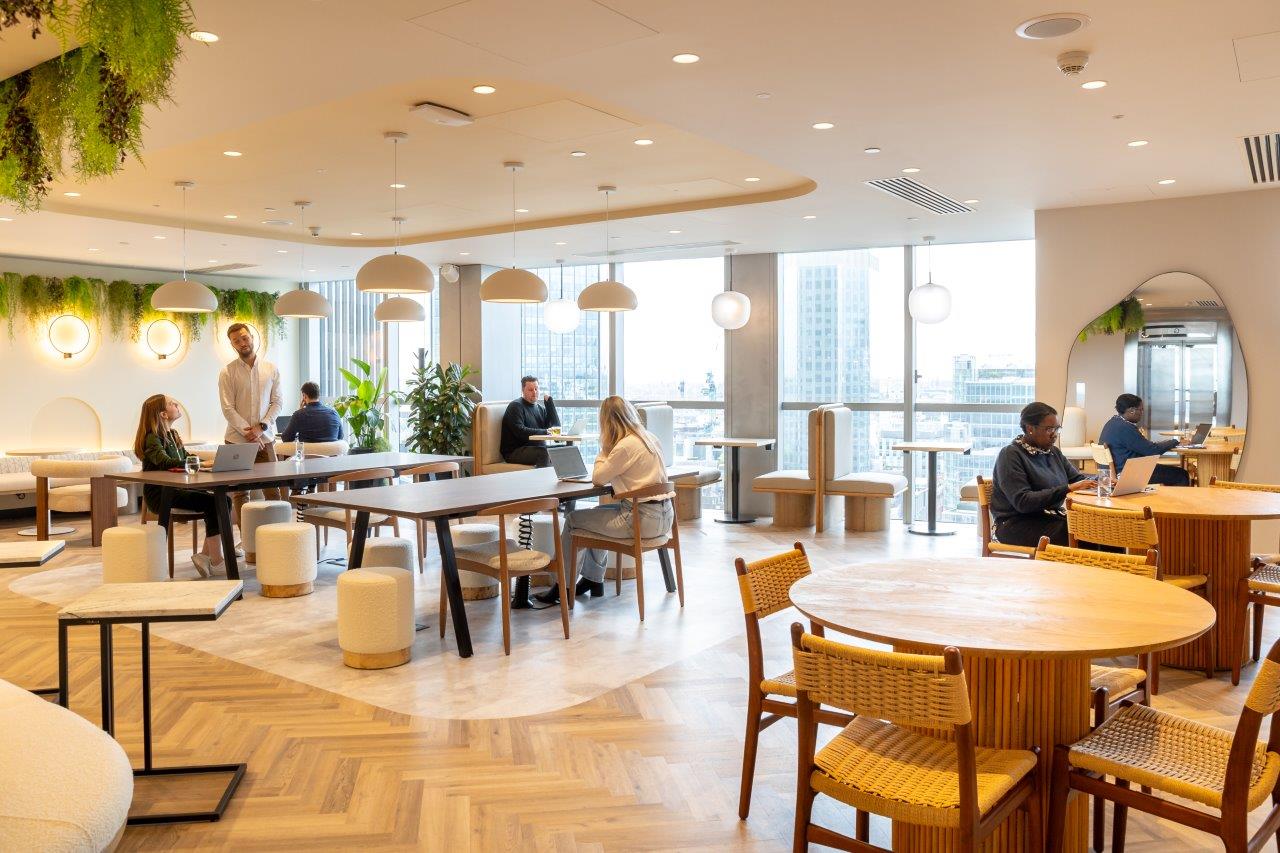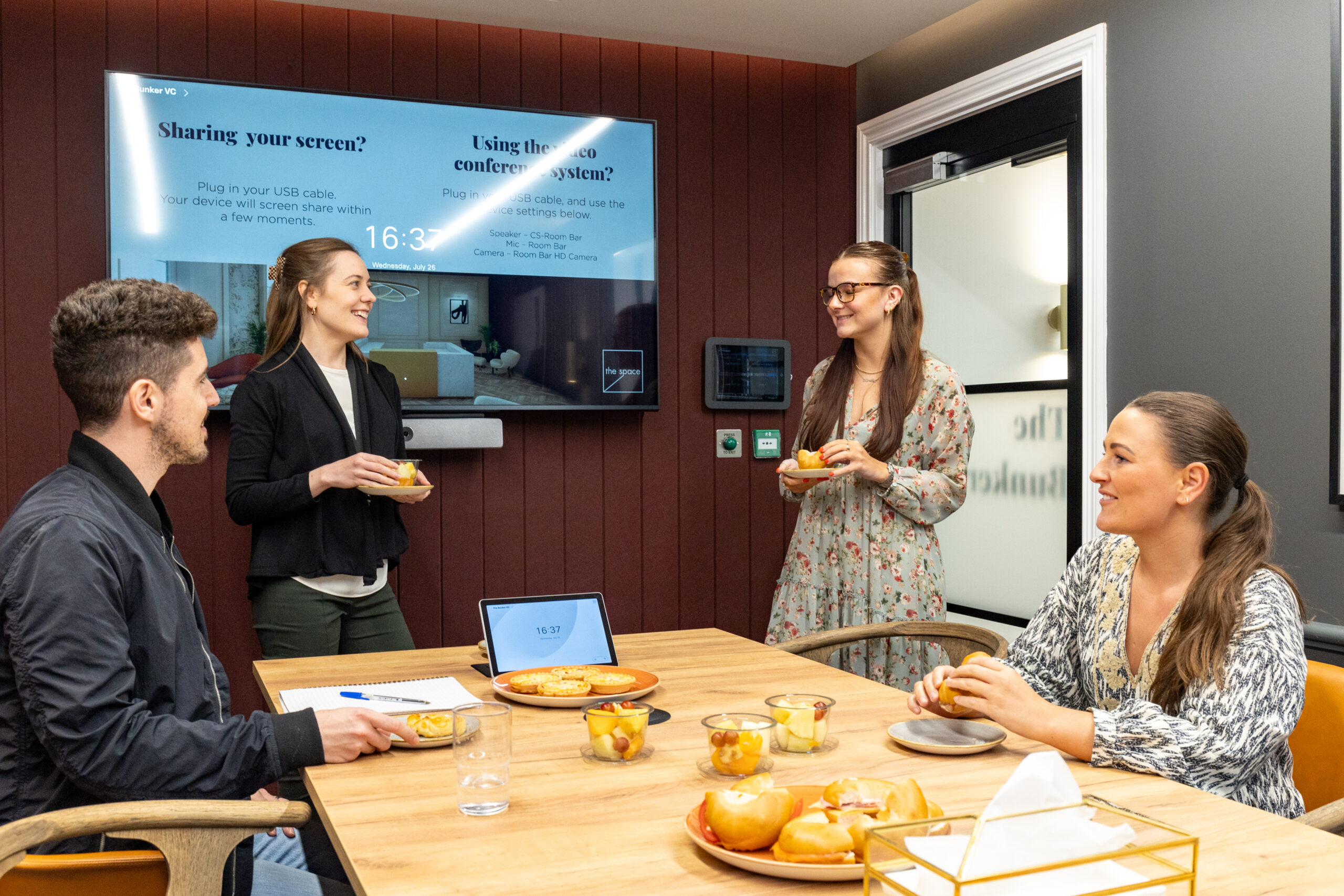Why remote working should be a core business strategy
18th February 2019

Remote working is freeing workers from their offices and giving them more flexibility than ever before, with over half of the UK’s workforce expected to work remotely by 2020. Alternatively known as agile working—where a business empowers its employees to work where, when, and how they choose—an increasing number of companies are employing remote working as a core business strategy.
Flexible working arrangements are often seen as a perk for employees, but the benefits are just as pronounced for the business too. Tools like desktop hosting and video conferencing are enabling workers to be as productive out of the office as they would be in the office. Remote working can also help businesses to save on costs, attract new talent and improve morale within employees, putting companies that embrace telecommuting ahead of their rivals failing to move with the times.
Remote working helps save businesses money
By reducing the number of people needed in the office at any one time, you can opt to rent a smaller office with lower rent. With office costs likely to be your business’ biggest expense, this can make a massive difference to its financial footing. In fact, research found that companies can save more than £8,000 per half-time telecommuter a year.
Many businesses that do offer flexible working to employees also operate with a hot desking policy. Instead of giving staff a dedicated space to sit and work, hot desk offices offer a blank canvas for staff to sit where they choose in order to get their work done at their own convenience. These work spaces can be used by any employee, from any department or level, on any given day.
Landmark makes downscaling your workspace easy. Our professional, fully furnished serviced offices cater to businesses all sizes, from one-person spaces to offices for more than 100 people. Flexible leases on all of our offices means you can upsize or downsize as and when you need. Alternatively, our popular Club Space membership offers drop-in access to a range of professional business lounges, ideal for working remotely.
Remote working attracts new talent
Agile working can also be an effective way of encouraging new hires to join your company. Research has found that 90% of workers want to work remotely, and as many as 37% would leave their current role for one where they decide where they work for at least a part of the week. The appeal is clear to see. Offering this as a work perk could persuade more people to come and work for your company.
What’s more, remote working also enables you to hire staff from around the world, as you aren’t restricted to employing those who are geographically close to the office. This will give you a much larger talent pool to choose from and allow you to hire candidates unencumbered by physical location or even visa rules. Consequently, your business can perform better and achieve greater results, leading to higher client satisfaction and an improved reputation. Having employees working in different time zones also ensures production never stops, meaning your business can respond to customer enquiries or update your social media pages around the clock.
Increased productivity and happier employees
Unproductivity costs UK employers a staggering £22 billion per year, which is around £4,467 per employee. As such, it is in your company’s interests to boost productivity wherever possible, and remote working has been shown to be one of the best ways to do this.
Almost three-quarters of workers admit they feel distracted in an office, with chatty colleagues and workplace noises named as two of the most common reasons. As a result, almost two-fifths of UK workers prefer to work from home.
Remote working allows employees to do just this, with 65% of workers believing that a remote work schedule increases productivity. This also leads to fewer sick days and greater productivity, with absenteeism dropping by 69% amongst businesses with agile workers. With research finding that remote working can also make workers happier and less stressed, making this a key strategy for your own business can really pay dividends.
Of course, not every employee is at their most productive when working in isolation. Some may prefer working with others around them. That’s why our workspaces use a zonal model with different areas dedicated to different types of work, including quiet zones for those that want to concentrate and collaboration zones for those that require staff to work in teams.
Choice is key. Allowing employees to work remotely can rejuvenate your business in a number of different ways, and making it a core business strategy can catapult your company towards a brighter future.

